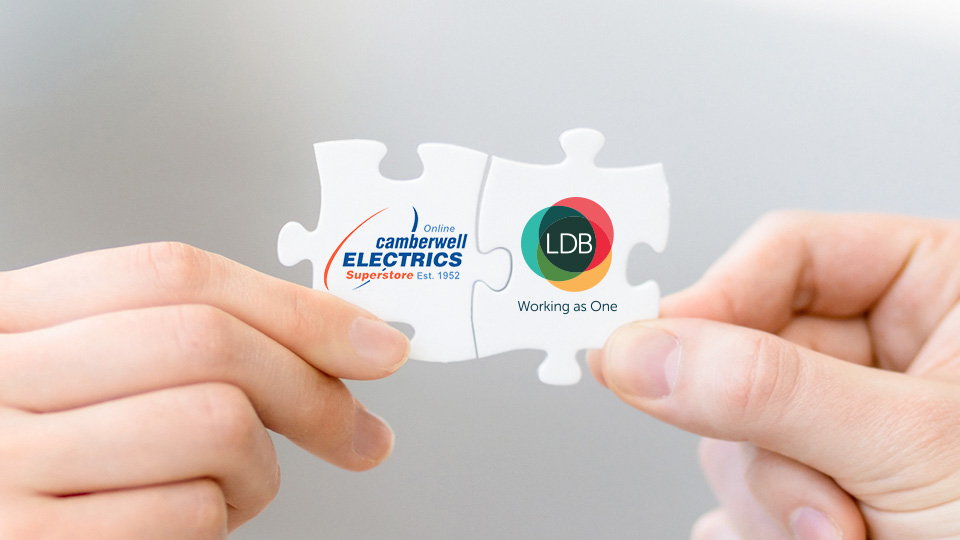September 22, 2023
Digital Games Tax Offset: What you need to know & tips to a successful DGTO application

In June this year the Digital Games Tax Offset was passed into legislation following a period of uncertainty as the government changes hands. LDB previously covered the original announcement in this article. At the Games Connect Asia Pacific conference in 2022, Luke & Amy presented on the draft legislation of the time. Their presentation can be viewed here and remains largely relevant with the changes discussed below.
What is the digital games tax offset?
The digital games tax offset (DGTO) is a refundable tax offset which allows eligible Australian companies that develop digital games to claim 30% of their total qualifying Australian development expenditure (QADE): as certified by the Minister for the Arts.
Amendments to the draft legislation have been helpful in addressing some of the more restrictive aspects of the original draft legislation. In a general sense there was a tidy up of language that made the key aspects easier to follow and apply to business cases. A key focus for applicants will be determining what their Qualifying Australian Development Expenditure (QADE) will be for each certificate.
Major changes were made to the integrity measures which initially applied to exclude all payments by a developer to associates. Firstly, ordinary employees with no capacity to influence or control the applicant Company were granted an exception so that their remuneration could be included in QADE. This change dramatically simplifies arrangements and ensures that developers with minority ownership interests are not restricted in their claims.
Secondly, a $65,000 cap per person was introduced for influential employees and their associates that will provide some contribution towards QADE. This ensures that key owner employees who are still involved in the development of games are able contribute a component of their remuneration to QADE. Whilst the level of the cap may be regarded as low, this exception will assist smaller studios who are close to the minimum expenditure level access the offset.
Subcontracting arrangements were clarified, allowing a developer to include contractor payments in QADE where the contractor has subcontracted to a natural person. Subcontracting further or to subcontractors that are not natural persons will still exclude the expenditure from QADE. This concession will ensure that expenditure on labour-hire contractors will likely still be able to contribute to QADE. Moving forward it will be important to ensure that clauses in contractor agreements outline who will be claiming DGTO, to avoid double dipping. We also expect that contractor agreements will be revised to ensure that subcontracting arrangements are limited to ensure payments are eligible for QADE.
Following the passing of legislation, The Office of the Arts has provided helpful documentation for applicants covering guidelines on the offset and a helpful glossary.
Our three tips to a successful DGTO application are:
- Know your timetable – confirm the key dates of when your game or port was released to the public to ensure that you know which certificate you are applying for and how to allocate QADE.
- Know your employment and contractor costs – QADE is driven by expenditure on employing or contracting individuals to undertake eligible work. Ensure that you have access to detailed payroll records, can break down oncosts such as Workcover and payroll tax and substantiate the eligibility of contractors.
- Know your employee’s activity – implement and maintain a system to track the movement of employees across projects as well as to address and identify activities that may not be QADE. This is particularly important for senior staff who may be engaged in multiple activities. The ability to claim 100% of expenditure when the 90% of time is on eligible activities still requires a level of substantiation to evidence the claim.
Need to level up your game development business?
With a strong passion for software and the video game industry, LDB has a specialised team that is ready to help your game development business grow.
Our team can assist with tax for game developers, as well as accounting and business advisory needs. You can learn more about how we help gaming studios here.
If you work in the gaming sector and need specialised business and tax advice, contact us by calling (03) 9875 2900 or sending us details via the contact form below.





